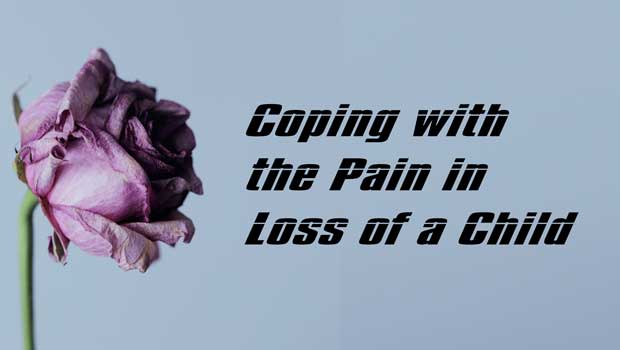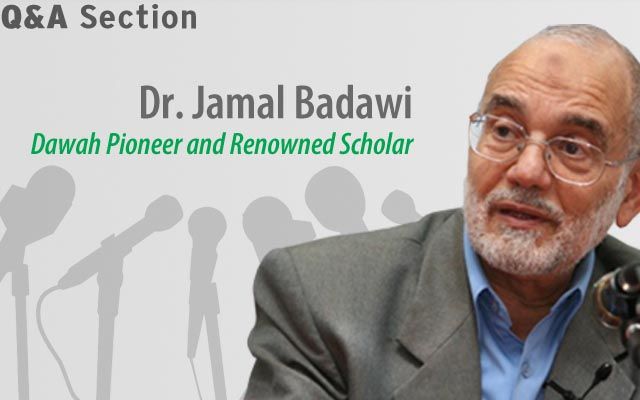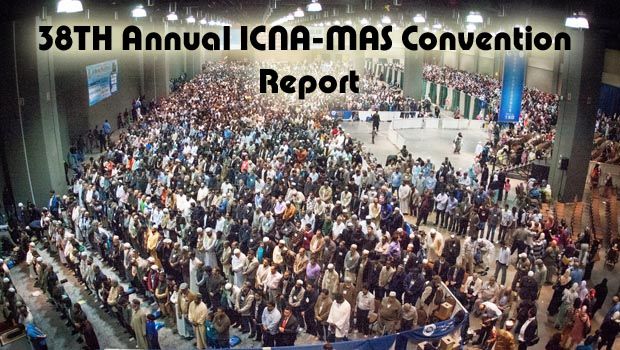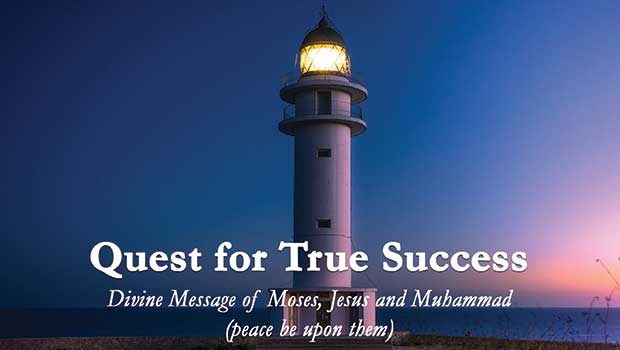A couple Sundays ago when I rushed into Walgreens to get tape, I found it in the back-to-school supply aisle. I needed masking tape, but there was only one available. I wasn’t sure how much tape I would need. So, then I got the one roll of masking tape and four rolls of packing tape along with a roll of strapping tape. I figured this would be enough tape for the short-term, to hang the flyers that I printed of the Missing Child Alert on the internet.
As I pulled into the driveway of a relative of the missing boy a few minutes later, I was told a body had been found by the lake. Maybe he’s still alive, I kept thinking. Maybe there is a miracle. Maybe they can resuscitate him. But I knew that so much time had elapsed. And as we turned around and drove to the lake, the scene was too quiet for a rescue. The scene was of the recovery of the cold, lifeless, small body. He was a year younger than my own son. He had probably been in the water before he was noticed missing. The first responders on the scene likely had experienced the horrific pain of not being able to save him. All the thoughts that crossed my mind also crossed their minds — the agony of a life cut short way too early. The K-9 units, helicopter pilots, police officers, sheriff deputies, federal agents, firefighters, neighbors, friends, and volunteers were hit with the same pain of a life lost. The news crews would have rather reported a rescue than a loss of life. For the family and relatives closest to him, the grief at the time seemed insurmountable.
The tape is all still here. I don’t want to look at the tape to remind me of what happened. I’ll have to return the tape rolls to avoid looking at them, and then do the school supply shopping I’ve been avoiding like the plague. I feel guilty that I can compartmentalize my grief and still have kids to buy school supplies for. I just want to avoid aisles in the drug store and other places that remind me of the tragedy that unfolded.
Humza Syed was so full of life. He had an eagerness to enjoy and to sense the world in a way we overlooked. His smile would brighten your day and his grin would capture your heart.
I cannot imagine the pain of his parents and siblings and relatives near and far. I cannot bring myself to visit his parents, because my sadness is so intense, and I cannot bear to see their heartache. How does one recover and cope? Gone. Just like that. His life. All the hopes and dreams of a young life vanished. The lessons of life are difficult to bear.
My husband lost a three-year-old brother to drowning many, many years ago. He never spoke about the incident except to say that it happened. That Sunday evening, he described what happened to his brother in vivid details we had never heard before. My mother and uncle, when they were children, had pulled my aunt out of the monsoon flood waters in India and saved her from drowning. My mother carried her little sister in her arms to my grandmother who pumped the water out of her as she was turning blue and pale. I hear that story a lot because it was a rescue. This year my aunt made Hajj.
Humza’s parents worked on humanitarian efforts that no one else would consider. The orphans, widows, needy and neglected who the rest of us didn’t have time for. They mobilized and helped thousands through the relief efforts of Helping Hands. Humza lost his life, as did countless children fleeing conflict in their homelands, from Cuba in the 1990s to Syria today. I cannot grasp the senselessness of Humza losing his life the same way I cannot grasp how so many children die from conflicts and wars.
There is no way to go back in time. Time never consoles, it only reconciles the distance between what happened and the present. As Hafiz Tariq said at the janaza, “A child is an amana from Allah, and with this child, Allah has taken back His amana.” The grief is so strong for all of us. I told my daughter that the Humza she had played with in Ramadan and at Jummahs is gone. He will not be here for this next Eid. Humza’s death reminds us of our own mortality and how fragile and precious life is. Inna lillahi wa inna ilaihi rajioon. We remember this from the verses in the Quran that tell us: “…but give glad tidings to those who patiently persevere. Who, when disaster strikes them, say, ‘Indeed we belong to Allah, and indeed to Him we will return’” (2:155-156).






